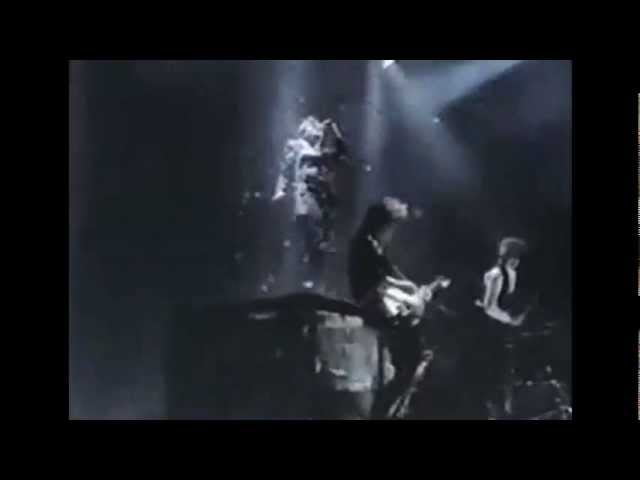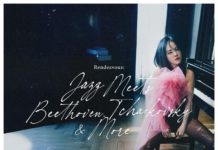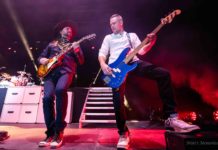Mike Peters, the frontman for U.K. bands the Alarm and Big Country, has been fighting cancer for 18 years. In the mid-’90s he went into spontaneous remission after being diagnosed with lymphoma. Ten years later he was diagnosed with leukemia.
“My ambition is to stay alive as long as I possibly can with the drugs I’ve got until the drugs that have the cure come along,” says Peters, who undergoes chemotherapy every two months while on tour with Big Country.
In the meantime, Peters is working to help save the lives of other cancer patients through the Love Hope Strength foundation, an organization he co-founded in 2006 with fellow cancer survivor James Chippendale, executive VP of entertainment insurance company Doodson. LHS has partnered with numerous tours and music festivals to set up on-site bone marrow registration drives where volunteers collect cheek-swab samples from concertgoers in an effort to find potential donors.
Eric: So, how are you feeling these days?
Mike Peters: Really good, thanks!
Eric: Tell me about having leukemia while being on the road. Are there things you have to do specifically with having his, over any other form of cancer?
Mike: Well, I only know really how it works in my own life and I know I live in a pretty unusual approach to it. I resolved to not have it allow to take a second away from the life I wanted to have. I’ve been fortunate to have a great medical team and group of people around me. Every now and again, every three months or so, I go to the needed therapy session as I’m either to spend the day in and hospital, but I consider myself lucky.
There’s still a few challenging moments. The only thing I have to be careful of is getting sick because I already have a compromised immune system.
Eric: Tell me more about the Love Hope Strength Foundation, I’m sure when you’re diagnosed with this cancer, you want to take care of yourself first, but you never really thought that way – you wanted to help.
Mike: I was inspired by the staff that helped me when I was very ill. I wanted to ensure they could help as many people as well, and maybe play a concert and give all the money to them, and in a sense, that was what got me back on the road. The Alarm community…they were right there on the front line with me. They helped people to get them back on the road to recovery, to their jobs, to their families. They’ve also helped get more people onto the national registry to become matches for the people who need blood transfusion, at the very least, in order to have a second life, and it’s been a very successful campaign.
We’ve had over 3,000 life-saving matches, so it’s really made a difference a lot of people’s lives, and it’s just that community and audience, because of them, we’ve been able to turn this potential problems into life-saving events in families.
Eric: Love Hope Strength Foundation is based in Denver, Colorado, and you’ve got a special relationship with that city. You were playing Red Rocks in 1983, when you were playing the U.S. for the first time, with U2. You were supposed to be in the U2 Live at Red Rocks: Under a Blood Red Sky film— but the weather was so bad with rain, they canceled the opening set – yours. But the next day, that was a pretty fun day. What happened?
Mike: We had the day off, so we went to see Return of the Jedi at a cinema there. The owners there couldn’t believe that a British band, who looked like us, wanted to just go see a movie. They gave us the once over, and while inside, our van’s battery had died. We talked to the manager of the cinema, who invited us in and we ended up staying there for some time. He took us back to his house all night and his mum made us all breakfast on the porch and it was a great way to see that hospitality of the city, and of America. That showed us a really nice side of America. It made us feel welcome and home all at the same time, since we had that culture shock of coming from Britain to North America.
Since the concert with U2 was cancelled, they arranged for a free concert the next day, and the band invited us to come back – that’s actually The Edge playing my guitar on the song 40. My guitar made it into music history, but I didn’t. (laughs)







